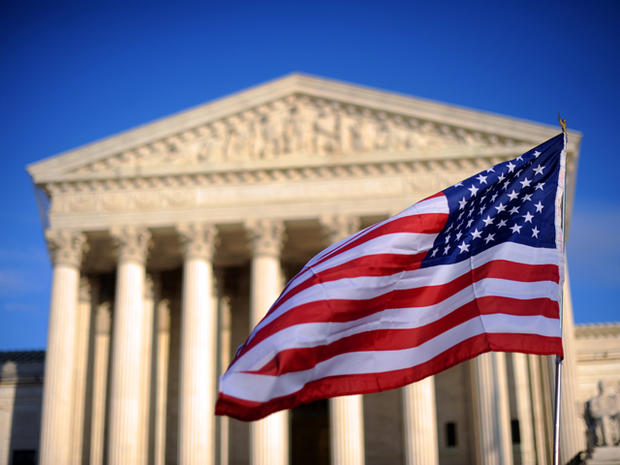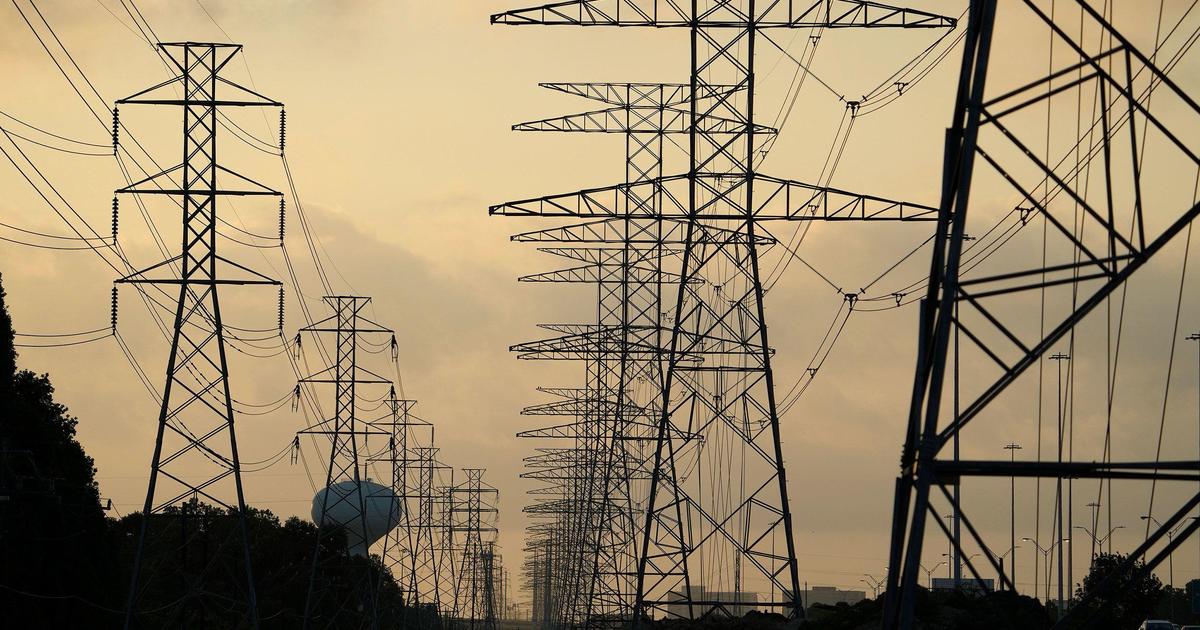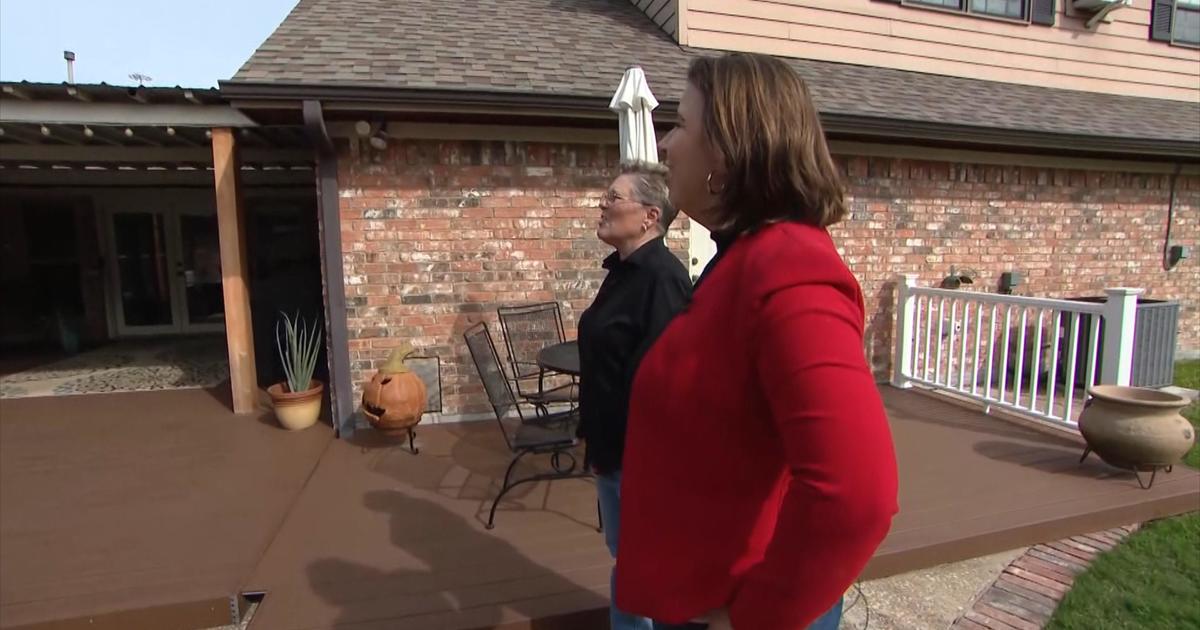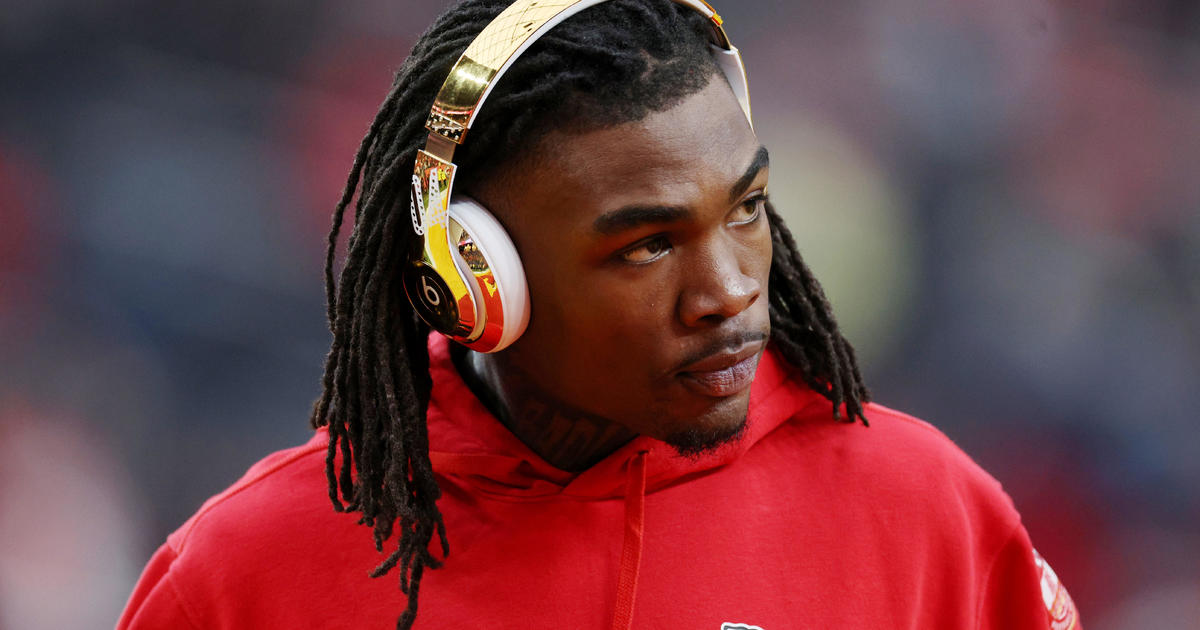Supreme Court To Take On Constitutionality Of Health Care Reform Law
FORT WORTH (CBSDFW.COM) – Minutes after President Barack Obama signed his sweeping and hard-fought healthcare reform legislation into law in 2010, Texas Attorney General Greg Abbott and AGs from 12 other states filed a complaint in federal court challenging the constitutionality of a key fixture: The individual mandate.
According to the 2,400-page Patient Protection and Affordable Care Act, all Americans must have insurance or face penalties. Those who don't have the money to pay for health insurance can apply for government subsidies.
Those who refuse that option will have to deal with those pesky penalties, which will be doled out in 2014 and must be paid on federal tax returns the next year.
Quoting from the complaint filed on March 23, 2010, "The Act represents an unprecedented encroachment on the liberty of individuals living in the Plaintiffs' respective states, by mandating that all citizens and legal residents of the United States have qualifying healthcare coverage or pay a tax penalty."
Since that filing, the amount of states challenging the law has ballooned to 28 –– here's a graphic showing which, including the two that have filed their own suits apart from the original Florda v. Dept. of Health and Human Services complaint.
In the two years the law's been written into the books, the challenge has scraped its way through a slew of lower courts.
On Monday, the complaint landed at the feet of the Supreme Court of the United States.
As the New York Times reported this morning, the nation's highest court kicked off three days of arguments with a 90-minute discussion on whether it can even hear the case –– both sides contend that it can.
According to Times reporter Adam Liptak, an 1867 law says Americans can't challenge a tax before it's been collected. As noted, those penalties won't even be issued until 2014, and the SCOTUS must decide if this means the challenge came years too soon.
On Tuesday, the Court will hear two hours of arguments regarding the contentious individual mandate. The next day, justices will spend 90 minutes considering whether the mandate is essential to the act itself.
After that, as The Texas Tribune reported Monday, the Court will tackle "the states' question of whether Congress overextends its authority when it forces states to accept "onerous conditions that it could not impose directly by threatening to withhold all federal funding for noncompliance.""
Here's the full docket, if you're curious.
Texas AG Abbott will be present during the proceedings, but isn't scheduled to participate.
The nation's second-most populous state has held the dubious honor of having the highest percentage of uninsured residents in the country for the past four years: In 2011, Texas sported a 27.6 percent uninsured rate, according to a Gallup poll.
As such, the Supreme Court's decision will, obviously, mean a great deal to Texans.
Monday afternoon, Gov. Rick Perry's office issued a prepared statement on the decision:
"Today is a landmark moment in the ongoing struggle against the Obama Administration's continued pattern of massive federal overreach and consolidation of power, as well as the resulting erosion of individual liberties. I remain hopeful and confident that through the efforts of officials including Texas Attorney General Greg Abbott, the Supreme Court will concur with the judgment of other federal courts and put an end to the unprecedented and dangerous overreach of Obamacare."
Nationally, a poll by CBS News and the New York Times published Monday shows 47 percent of Americans disapprove of the health care law. Just 16 percent say they "strongly approve" of the measure while 30 percent say they "strongly disapprove."




